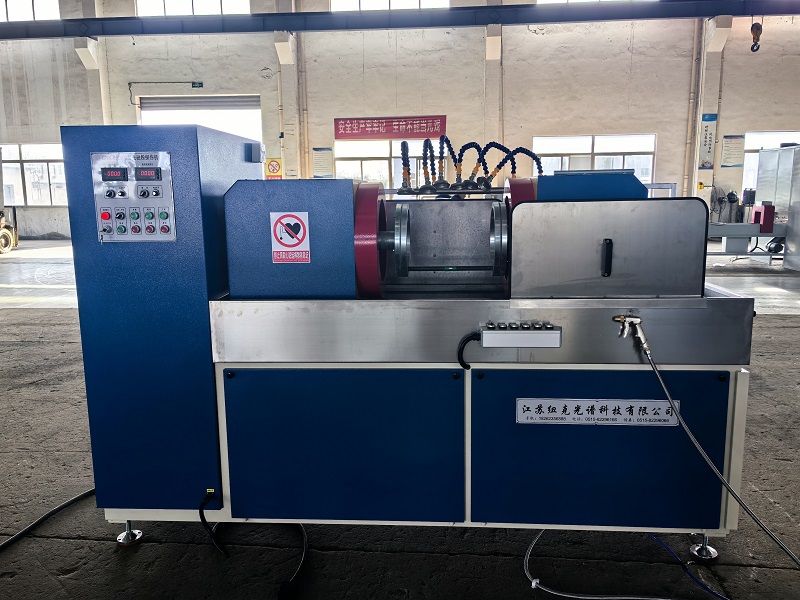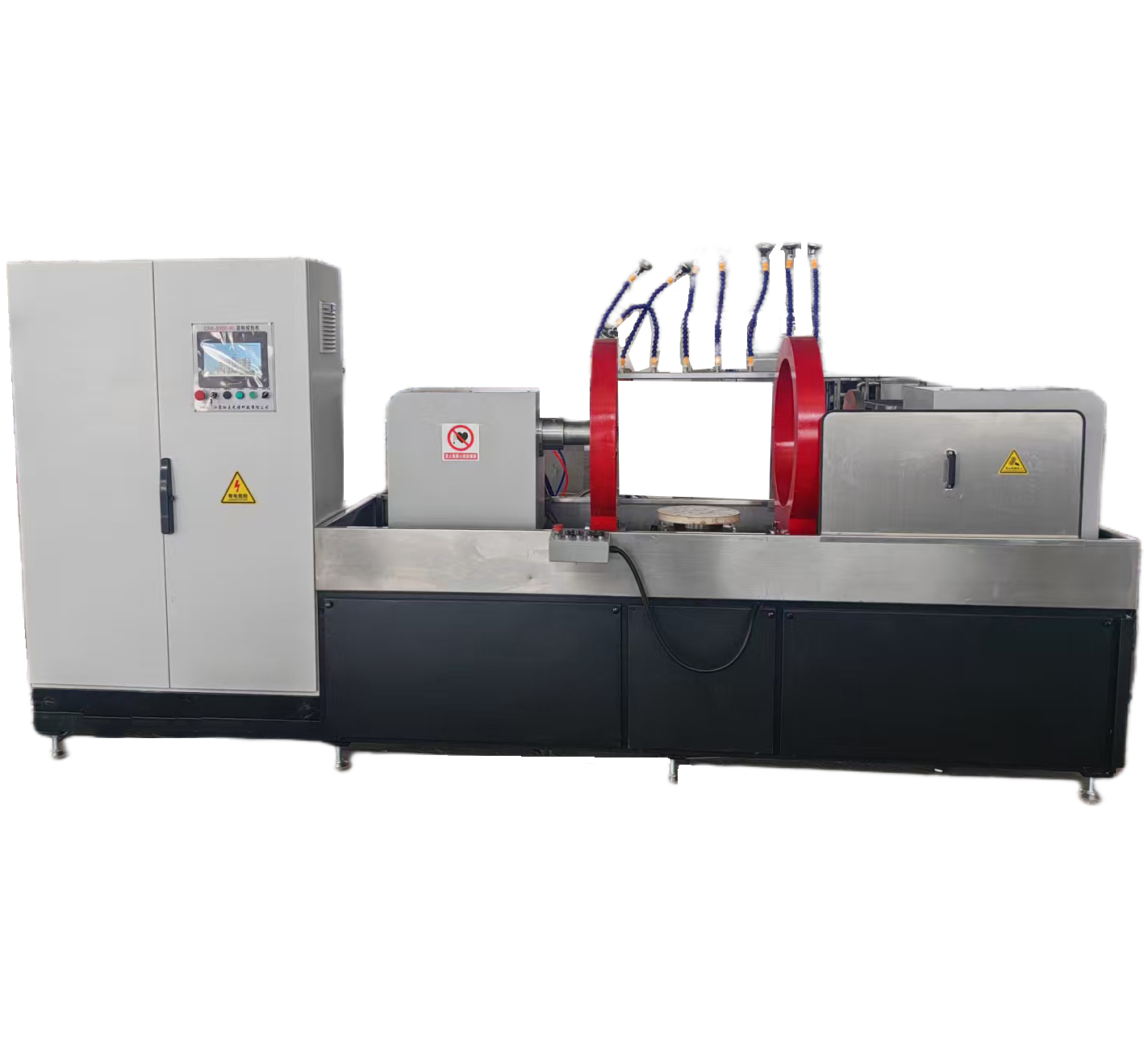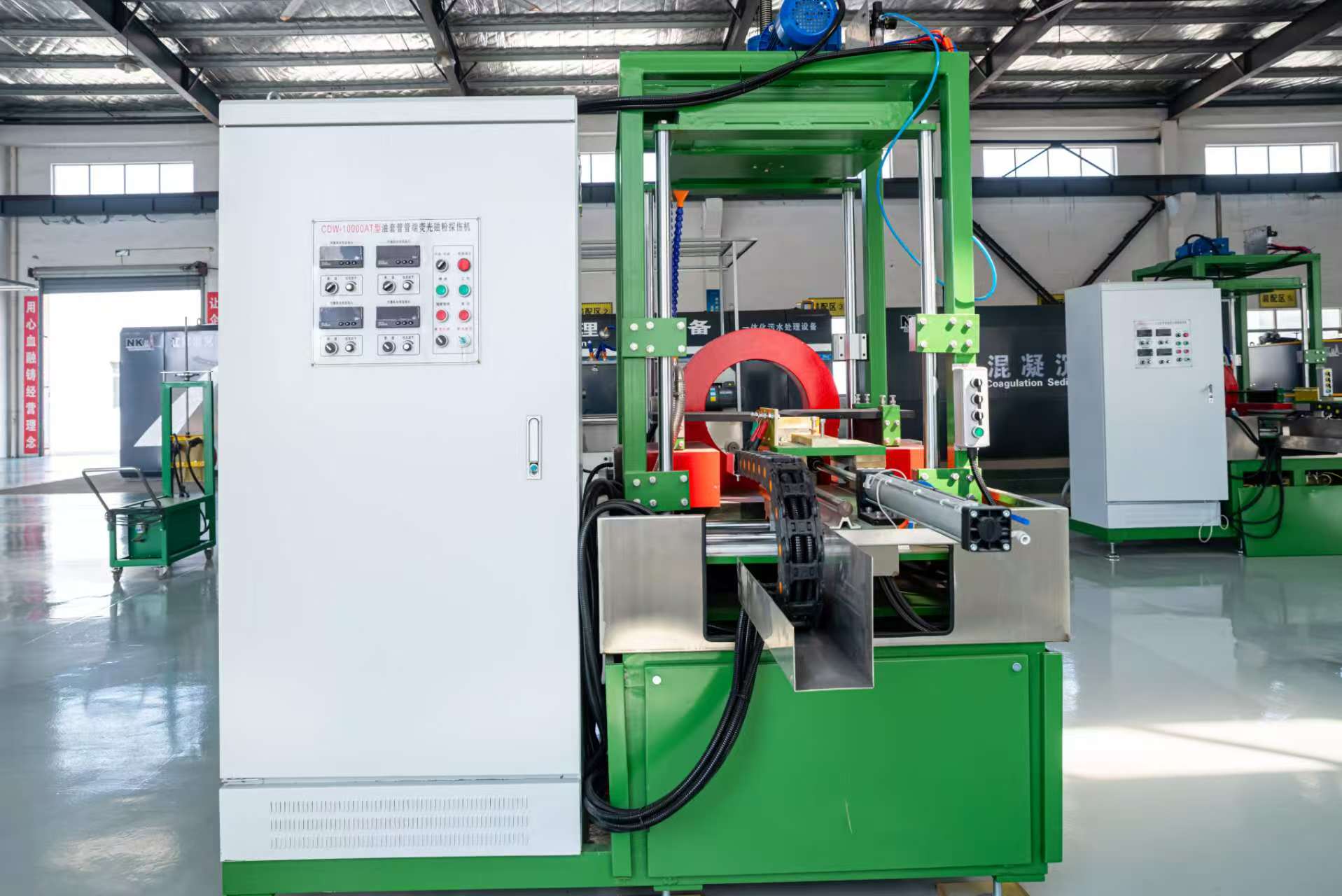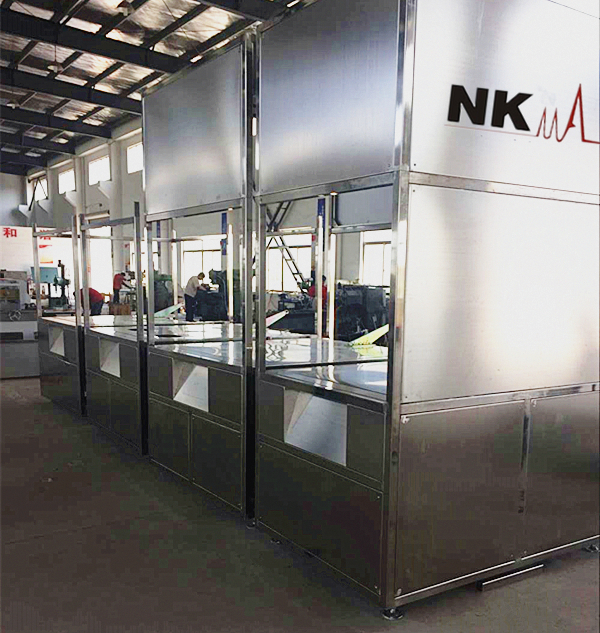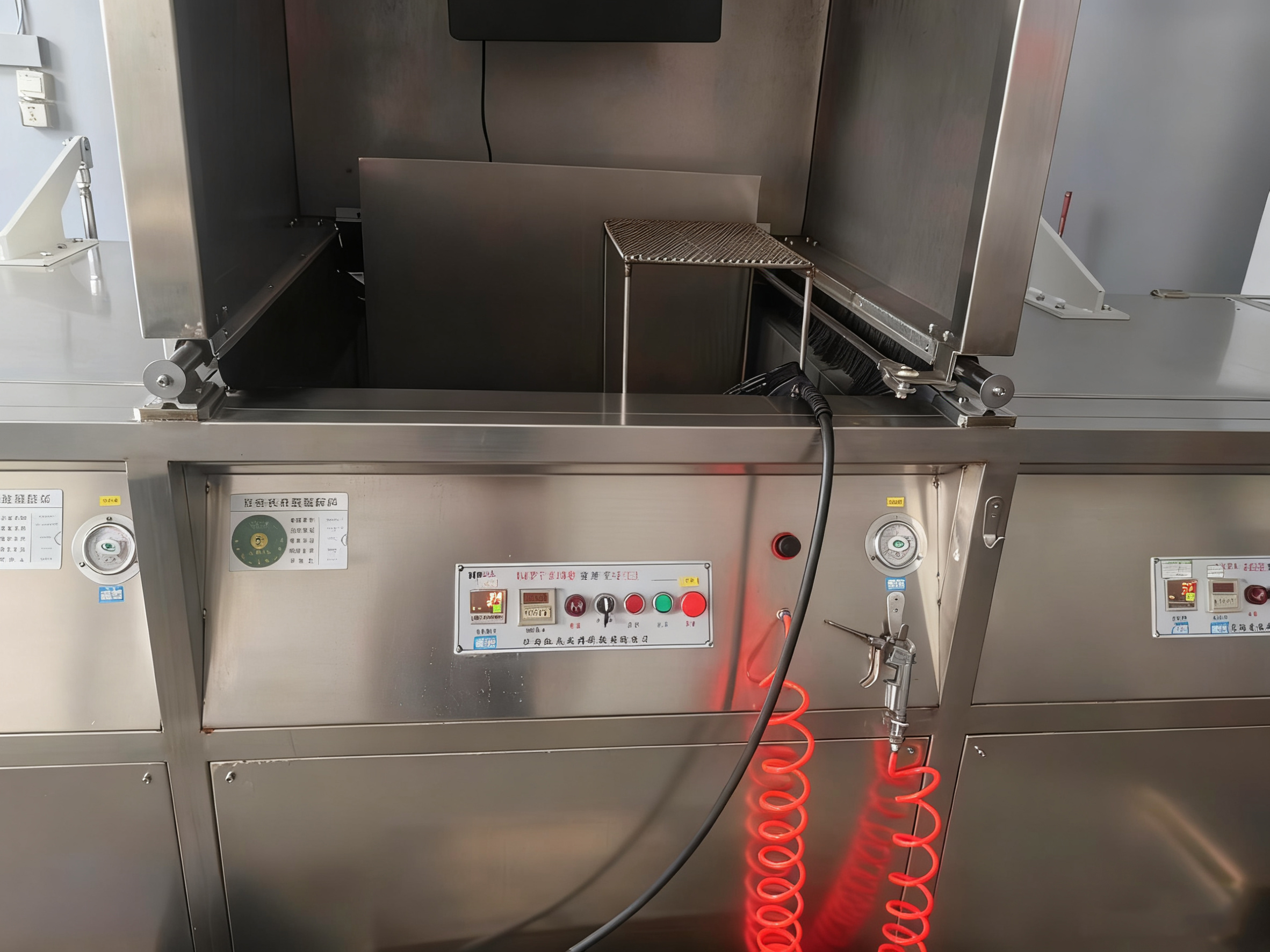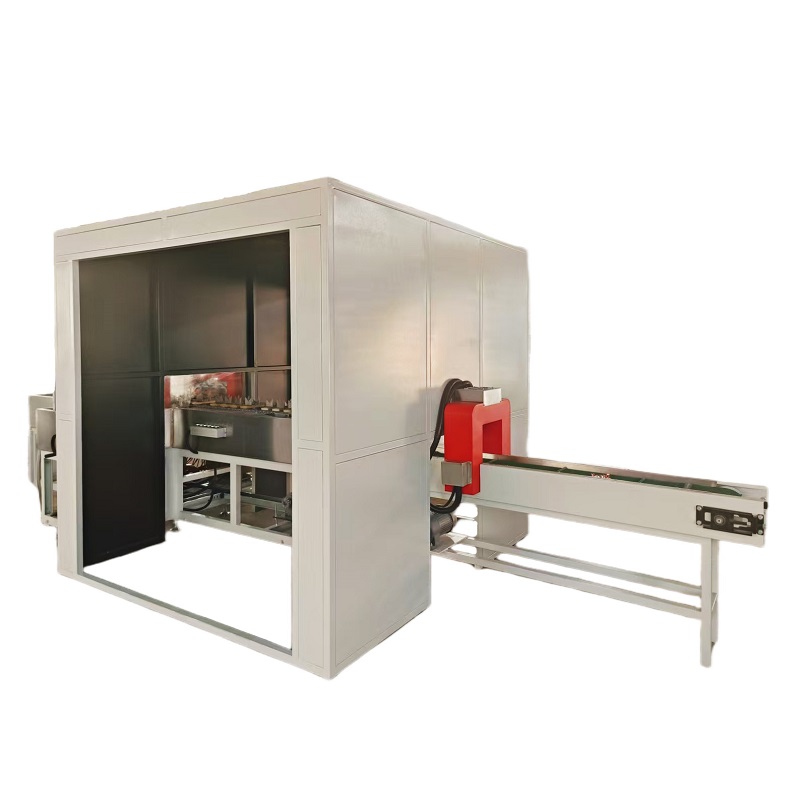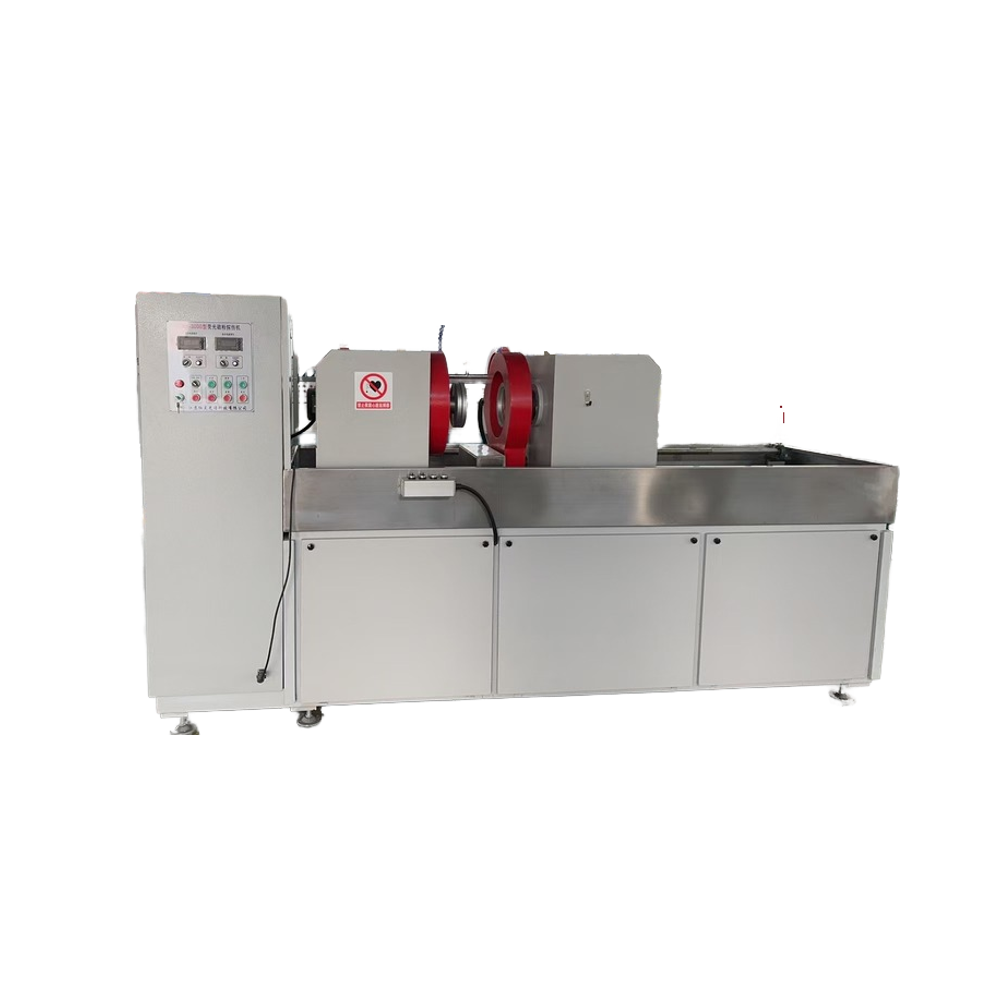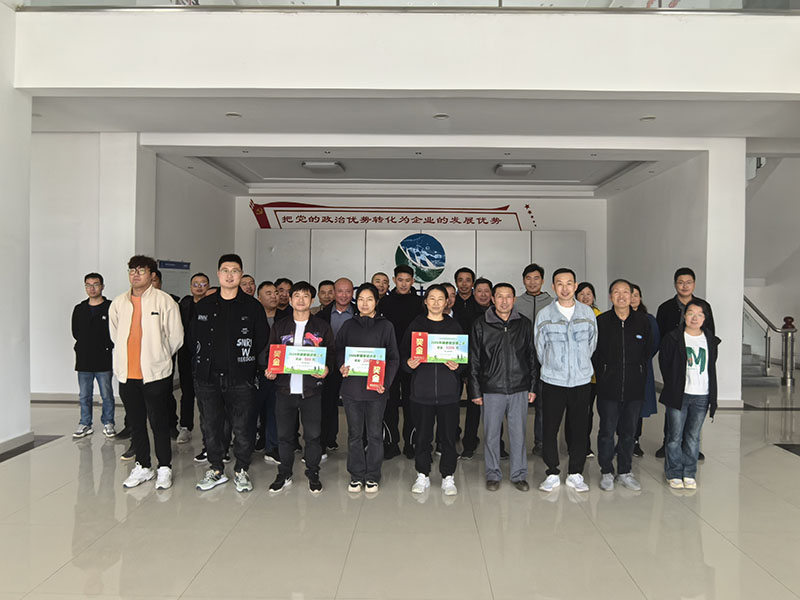Revolutionary magnetic particle inspection for automotive, ensures flawless crankshafts, camshafts, and gears for safe, reliable vehicles. Discover its power!
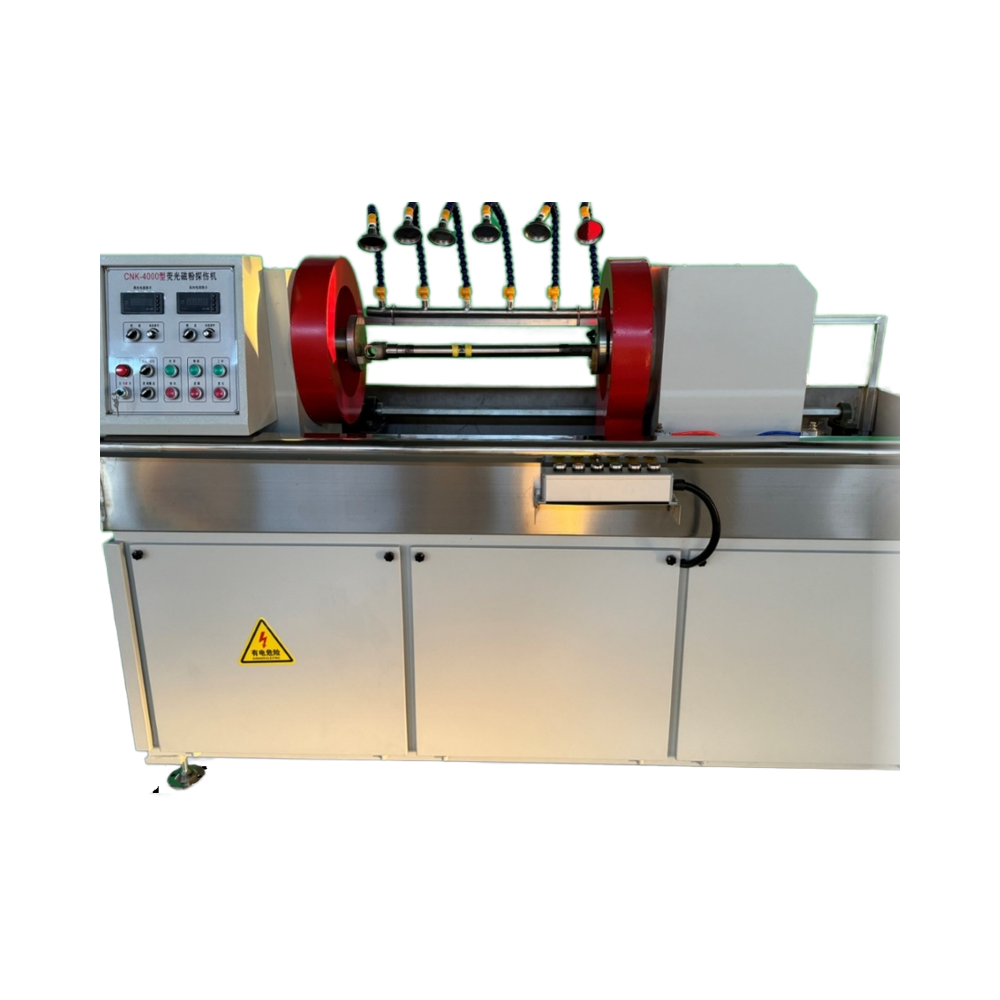
In the automotive industry, ensuring the quality and reliability of critical components like crankshafts, camshafts, and other precision-engineered parts is paramount. Magnetic particle inspection (MPI), also known as magnetic particle testing, is a revolutionary nondestructive testing (NDT) method widely used to detect surface and near-surface flaws in ferromagnetic automotive parts. This powerful technique is essential for maintaining the safety, performance, and longevity of vehicles. In this article, we’ll explore how magnetic particle inspection for automotive components, enhances the quality control of key automotive components such as crankshafts, camshafts, connecting rods, gears, and steering knuckles, and why it’s a cornerstone of modern automotive manufacturing.
Why Magnetic Particle Inspection for Automotive Components
is Critical
Automotive components like crankshafts, camshafts, connecting rods, and gears are subjected to intense mechanical stresses during operation. Even minor defects, such as hairline cracks or surface imperfections, can lead to catastrophic failures, compromising vehicle safety and performance. Magnetic particle inspection ensures these parts meet stringent quality standards by detecting flaws that might not be visible to the naked eye.
For example, the crankshaft, a vital engine component, converts linear motion into rotational energy. Any surface crack or subsurface defect in a crankshaft could lead to engine failure. Similarly, the camshaft, responsible for controlling valve timing, must be free of imperfections to ensure precise engine performance. Magnetic particle inspection provides a reliable way to verify the integrity of these components, ensuring they meet the high standards required for automotive applications.
Applications of Magnetic Particle Inspection in Automotive Manufacturing
Magnetic particle inspection is used across various stages of automotive manufacturing, from raw material inspection to final assembly. Below are detailed applications for specific components:
Crankshafts
The crankshaft is the backbone of an internal combustion engine, enduring extreme rotational forces and cyclic loading. It is typically forged or cast from high-strength steel to withstand the stresses of converting piston motion into rotational energy. Magnetic particle inspection is critical for detecting surface cracks, forging defects (such as laps or seams), and heat treatment issues (like quenching cracks) that could weaken the crankshaft. These defects, if undetected, could lead to fatigue failure, resulting in engine seizure or costly recalls. MPI ensures crankshafts meet rigorous quality standards, enhancing engine reliability and vehicle longevity.
Camshafts
Camshafts are precision components that control the timing of an engine’s intake and exhaust valves, directly impacting fuel efficiency and power output. Made from forged steel or cast iron, camshafts feature lobes that must maintain precise geometry. Any defect, such as a crack, inclusion, or surface porosity, can disrupt valve operation, leading to misfires, reduced performance, or complete engine failure. Magnetic particle inspection identifies these flaws, ensuring camshafts deliver consistent performance under high-speed rotation and thermal stress. This is especially critical for high-performance engines where precision is non-negotiable.
Connecting Rods
Connecting rods serve as the critical link between the piston and crankshaft, transmitting power within the engine. These components endure high cyclic loads, alternating between tension and compression, making them susceptible to fatigue cracks and forging imperfections. Magnetic particle inspection detects minute surface cracks and subsurface inclusions that could propagate under stress, leading to rod failure and catastrophic engine damage. By ensuring connecting rods are defect-free, MPI enhances engine durability and prevents unexpected breakdowns, particularly in high-performance or heavy-duty vehicles.
Gears and Transmission Components
Gears are integral to a vehicle’s transmission, differential, and drivetrain systems, ensuring smooth power transfer under high torque. Automotive gears come in various types, including spur gears, helical gears, bevel gears, and planetary gears, each with specific applications.
For instance, spur gears are used in manual transmissions for their simplicity and efficiency, while helical gears, found in automatic transmissions, provide smoother and quieter operation. Bevel gears are critical in differential systems for transferring power to the wheels, and planetary gears are common in automatic transmissions for their compact design. Magnetic particle inspection detects surface and near-surface defects, such as grinding cracks, inclusions, or heat treatment flaws, in these gears. These defects could lead to gear tooth failure, noise, or reduced efficiency. MPI is also applied to other transmission components like pinions and shafts, ensuring they withstand the stresses of daily operation and maintain vehicle handling and performance.
Steering Knuckles and Suspension Components
Steering knuckles and suspension components, such as control arms and tie rods, are vital for vehicle safety, handling, and ride comfort. Steering knuckles, typically made from forged steel, connect the wheel assembly to the suspension and steering systems, enduring significant loads during cornering and braking. Suspension components, like control arms, support the vehicle’s weight and absorb road shocks. Defects such as cracks, forging seams, or material inclusions in these parts can lead to failure under load, compromising driver safety. Magnetic particle inspection ensures these components are free of flaws, verifying their structural integrity. For example, MPI can detect fatigue cracks in steering knuckles caused by cyclic loading or surface defects in control arms that could lead to fracture, ensuring reliable performance in demanding driving conditions.
Benefits of Magnetic Particle Inspection for Automotive Parts
Magnetic particle inspection offers several advantages for automotive manufacturers:
-
High Sensitivity: MPI can detect even the smallest surface and subsurface defects, ensuring the reliability of critical components like crankshafts and camshafts.
-
Cost-Effectiveness: The process is relatively inexpensive compared to other NDT methods, making it ideal for high-volume production.
-
Speed: MPI is a fast process, allowing manufacturers to inspect large batches of components quickly without sacrificing accuracy.
-
Versatility: The method can be applied to a wide range of ferromagnetic automotive parts, from connecting rods to gears and beyond.
-
Non-Destructive: MPI does not damage the tested components, preserving their integrity for use in vehicles.
Choosing the Right Magnetic Particle Inspection Equipment
Magnetic particle inspection is a powerful tool for ensuring the quality and reliability of automotive components like crankshafts, camshafts, connecting rods, gears, and steering knuckles. By detecting surface and near-surface defects, MPI helps manufacturers produce safer, more durable vehicles while minimizing the risk of costly failures. Its speed, cost-effectiveness, and versatility make it an indispensable part of modern automotive manufacturing. For companies looking to maintain a competitive edge, investing in advanced magnetic particle inspection equipment is a smart choice to uphold the highest standards of quality and safety.
To achieve the best results, automotive manufacturers must select high-quality magnetic particle inspection equipment tailored to their needs. Modern MPI machines offer advanced features like automated particle application, adjustable magnetic fields, and UV lighting for enhanced defect visibility. For high-volume production lines, automated MPI systems can streamline the inspection of crankshafts, camshafts, and other components, improving efficiency and consistency.
When choosing an MPI system, manufacturers should consider factors such as the size and shape of the components, the type of defects being targeted, and the production environment. For Magnetic Particle Inspection for Automotive, the stationary systems are better suited for high-throughput manufacturing facilities.
At Jiangsu Nuke, we have been a trusted leader in magnetic particle inspection solutions for over 20 years. Our expertise in nondestructive testing ensures that your automotive components meet the highest standards of quality and safety. Whether you need to inspect crankshafts, camshafts, gears, or suspension components, our team is dedicated to delivering cutting-edge MPI equipment tailored to your specific needs. Contact Jiangsu Newk today to discover how we can provide customized, state-of-the-art solutions to optimize your quality control processes and keep your production line running smoothly. Let us partner with you to achieve flawless results and drive automotive excellence.


